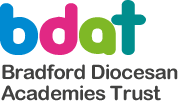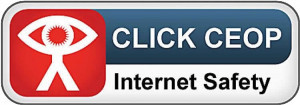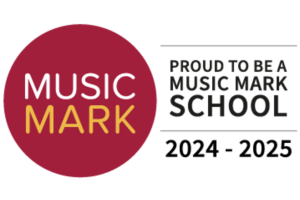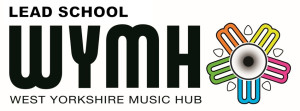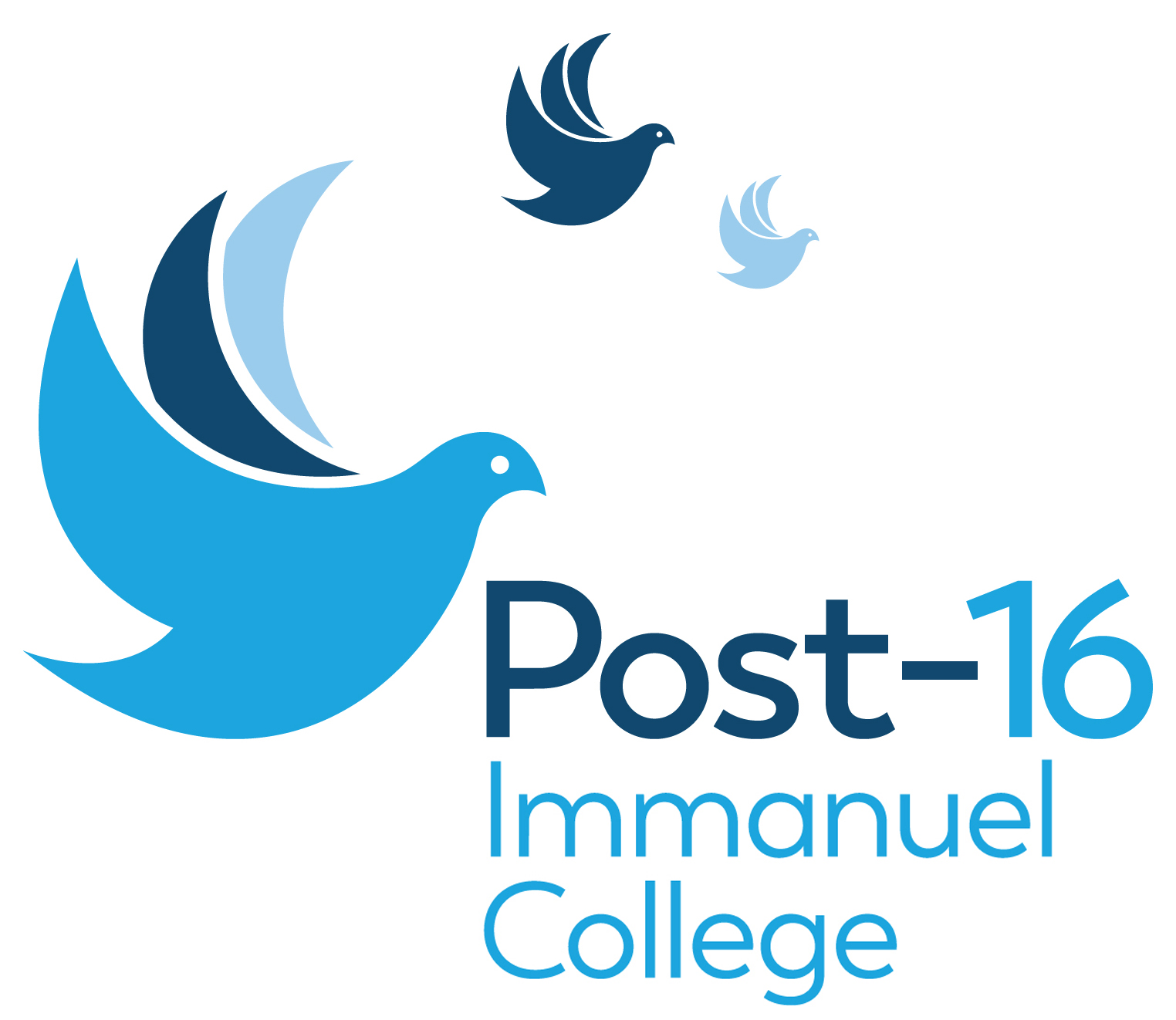
- Overview
- Welcome from the Headteacher
- Post-16 Team
- Admissions
- Post-16 Prospectus
- Subjects
- English Language & Literature
- English Literature
- Maths
- Further Maths
- Biology
- Chemistry
- Physics
- Applied Science (Applied General)
- Art
- Criminology (Applied General)
- Drama & Theatre
- Film Studies
- French
- Geography
- History
- IT (Applied General)
- Law
- Law (Applied General)
- Media Studies
- Music
- Music (Applied General)
- National Extended Certificate in Uniformed Protective Services (Applied General)
- Philosophy, Theology, Ethics - Religious Studies
- Photography
- Psychology
- Sociology
- Spanish
- Sport (Applied General)
- Technical Business (Level 3 - Extended Certificate)
- Travel and Tourism (Applied General)
- Hospitality (Level 2)
- Leadership through Sport (Level 2)
- Public Services (Level 2)
- Employability
- Maths and English GCSE Resit
- Student Leadership
- Results & Student Progression
- Trips & Opportunities
- Charity Work
- Our Facilities
- New Build
- Enrichment
- FAQs
- Exams Information
- Year 10 Information Evening
- Go Higher West Yorkshire
Photography
Why choose this subject?
On this A Level Photography course you will be introduced to a variety of experiences exploring a range of photographic media, techniques and processes. You will be aware of the four assessment objectives to be demonstrated in the context of the content and skills presented and of the importance of process as well as product.
You will use sketchbooks/workbooks/journals to underpin your work where appropriate.
You will produce an experiments sketchbook during the first six weeks of the course and will then be given six mini projects to complete in your own time. Also during these weeks you will be having guided lessons covering a variety of photographic techniques using digital software.
What will you study?
Year 12
- Experimental project and observational unit
- Personal study.
Year 13
- Personal study
- Externally set assignment
How is this course assessed?
The A Level photography course is assessed through a personal investigation that will include a portfolio of practical work and an externally set task.
![]()
Creative Art Intent
Exodus 35:30-33 ‘The Lord chose Bezalel and filled him with the Spirit of God, with wisdom, with understanding, with knowledge and with all kinds of skills – to make artistic designs for work in gold, silver and bronze, to cut and set stones, to work in wood and to engage in all kinds of artistic crafts.
Students are encouraged to develop their skills and knowledge across a range of different disciplines and media, promoting personalised outcomes students will develop a range of skills in a broad range of media, focus on the use of colour, mark making and printmaking and will develop the use of a sketchbook. Our curriculum fosters confidence, creativity and individual skills students will develop their painting and drawing skills, work in three dimensions, learn about work in mixed media and learn new photography techniques. The curriculum allows students to realise that true creativity is grounded in perseverance and challenges are overcome6.
Through the curriculum Students will nurture academic habits to develop their ability to analyse the work of artists, through study of art history and relevant social context. Students will stretch themselves spiritually, morally and imaginatively through creative investigations, showing character when designing and encouraging exploration through experimentation. Our curriculum allows children to embrace your mistakes as development and persevere towards your final outcome.
We provide a foundation for students to pursue their hopes and aspirations through further education on their own creative journey. Our curriculum explores different pathways in the creative industry and have high aspirations9.
6 Psalm 24:1– ‘The earth is the Lord’s and everything in it’
9 John 10:10 – Jesus said, ‘I have come that they may have life and have it abundantly.’
Subject Map
Curriculum Plans
What next?
An A Level in Photography can lead you to university courses and employment into a wide range of careers including; architecture, photography, teaching, the media and research. It will develop a wide range of skills such as independent thought, problem solving, attention to detail, research, communication, team work etc. making it an ideal choice to bridge science and humanity subjects. Expect to take part in lots of team work activities and presentations of your ideas and research, as well as individual work. The Photography group will also go on a residential trip, for example, our current students have been to London and Paris


